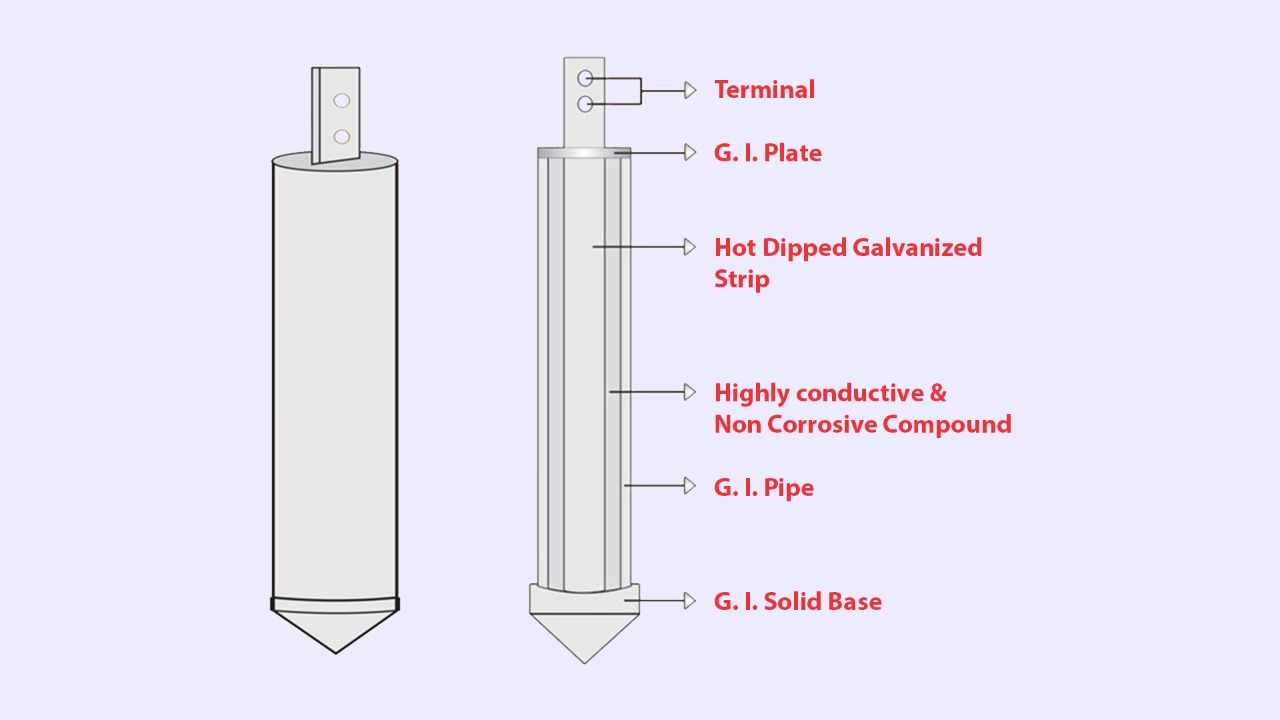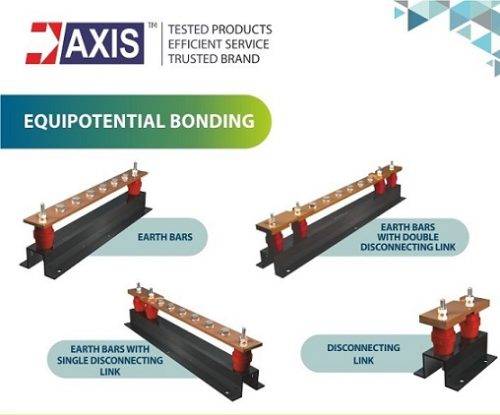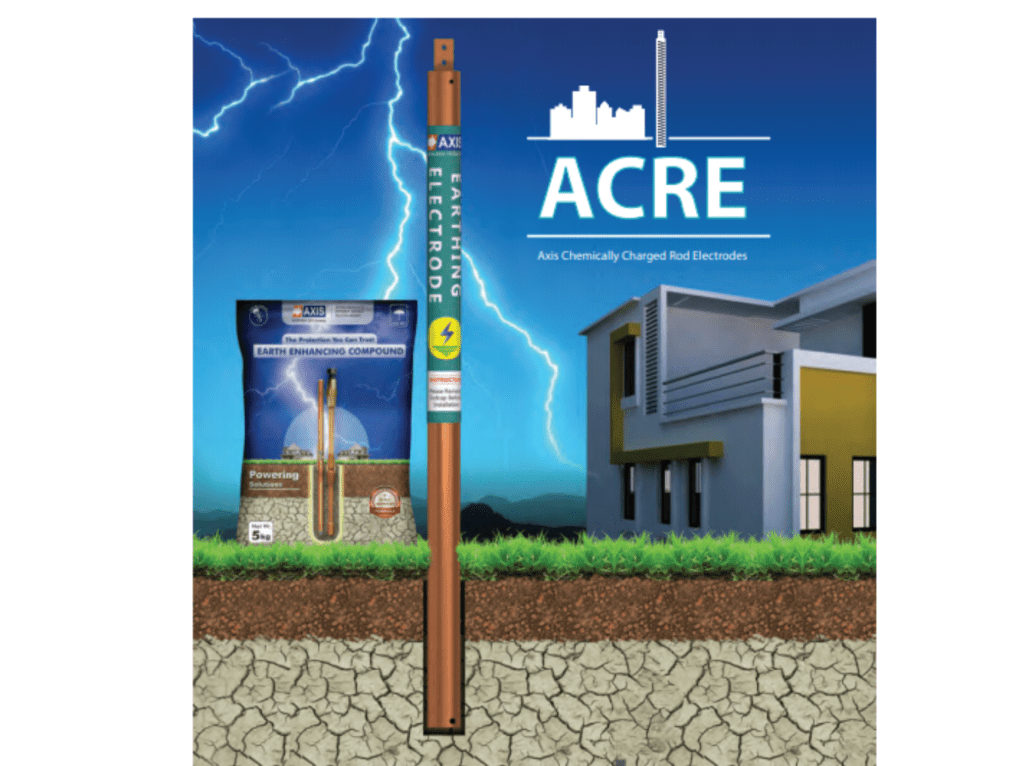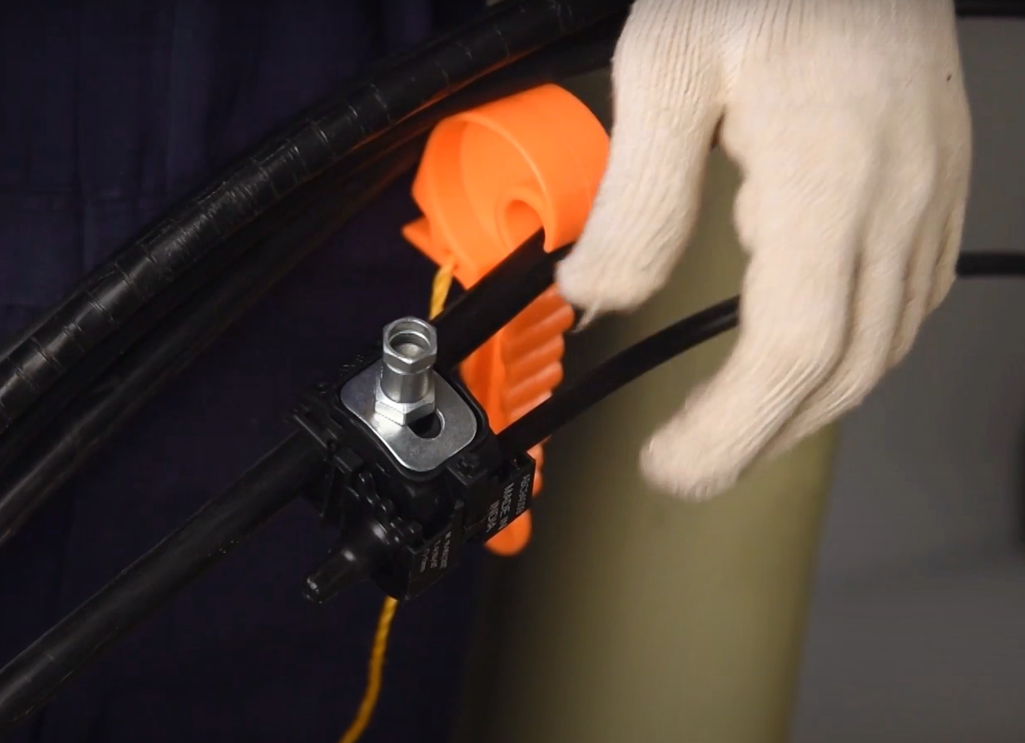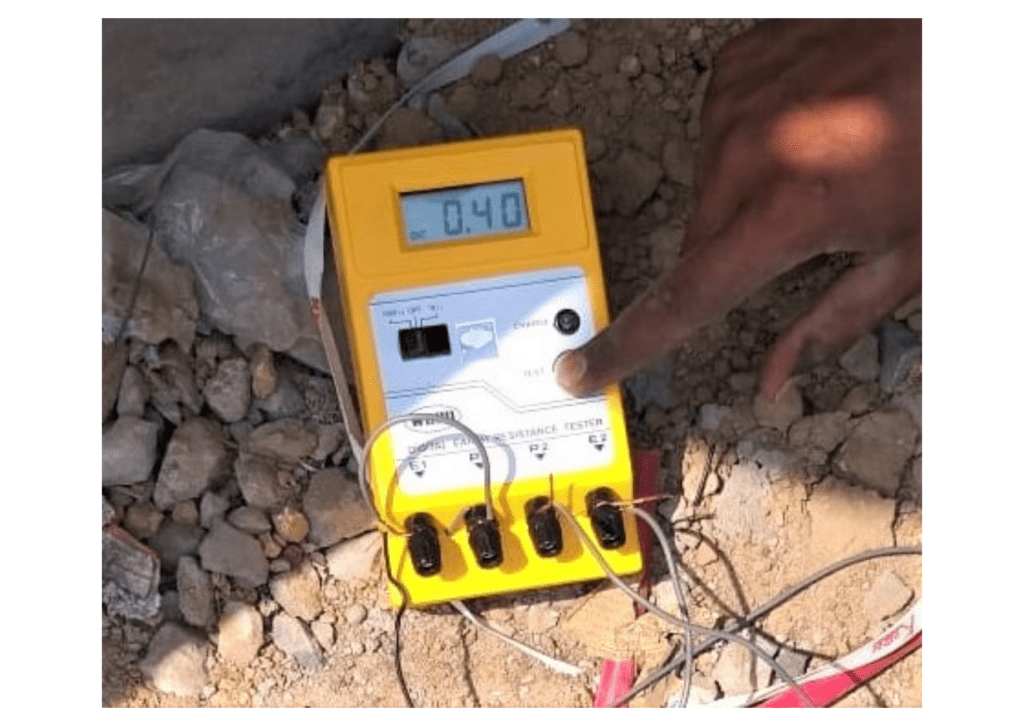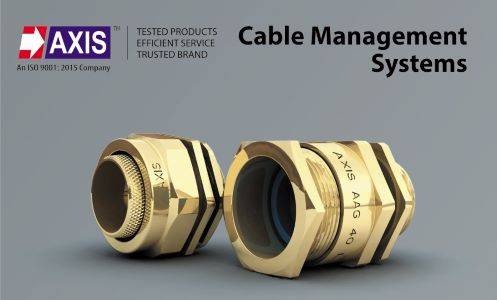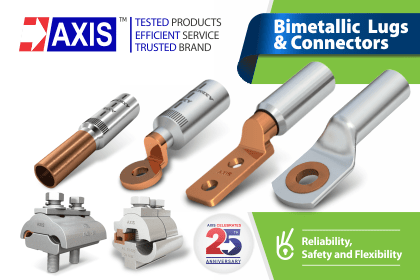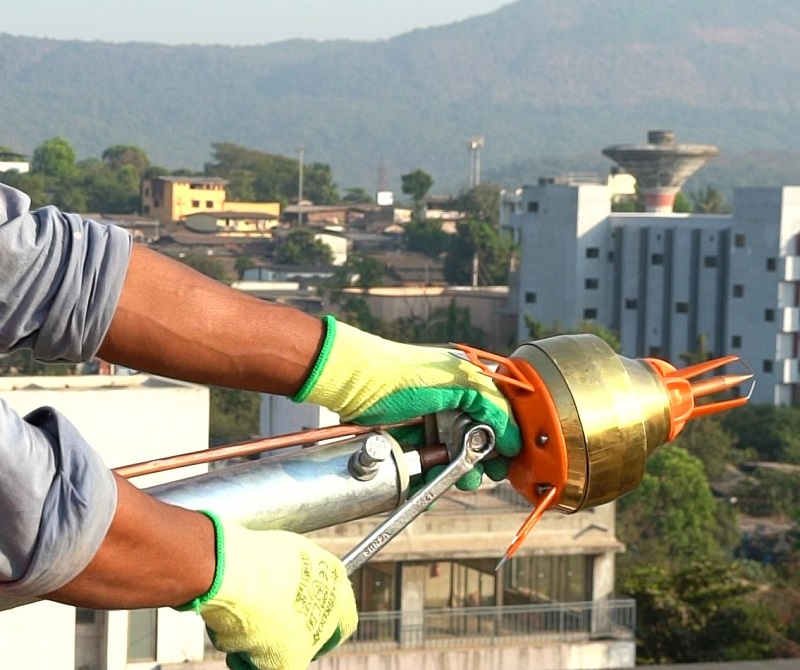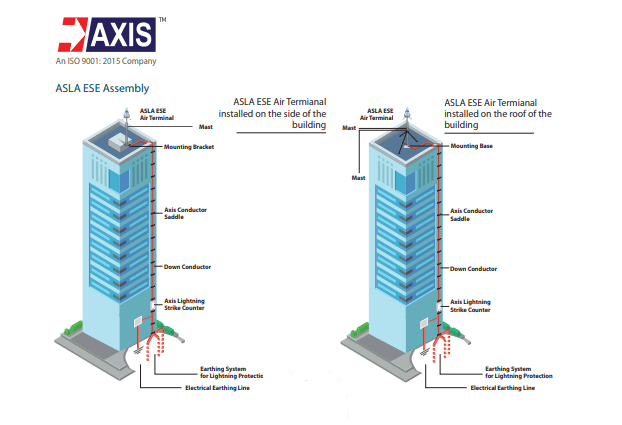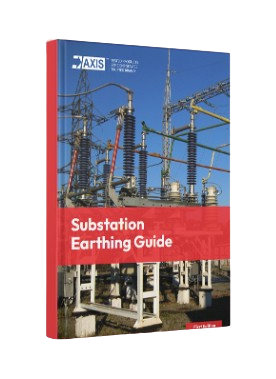Expert Electrical
Engineering Articles
- Home
- Blog
What is Maintenance Free Earthing?
Earthing, also known as grounding, is the practice of transferring electrical charges to the ground through low-resistance cables or rods to quickly discharge any stored energy. There are two main types of earthing: maintenance-free earthing and
Read MoreEquipotential Bonding – Everything You Need To Know!
Introduction Earthed materials connect to the conductive surface of the Earth. They are connected for the safety purpose of routing defective current into the ground (by blowing a fuse) or dissipating potentially hazardous discharges. When numerous earthed items are connected, the magnitude of their voltage is limited, and a harmful ...
Renewable Energy India Expo – See you at booth 15.270 – Hall #15
India’s renewable energy sector is growing by leaps and bounds. As of 2020, India has the 4th largest installed capacity for Renewable Energy, behind only China, US & Brazil. In 2020, 3 of the world’s top 5 largest solar parks were in India including, the 2255 MW Bhadla Solar Park ...
Introduction to Chemically Charged Pipe Electrode (CCPE)
Earthing or grounding is a critical aspect of electrical safety in any installation. It helps to prevent electrical hazards by providing a safe path for electrical fault currents to flow away from the system. A chemical earthing electrode is an advanced earthing equipment that offers numerous benefits over traditional stainless ...
Where is Insulation Piercing Connector Used?
The prime objective of the Insulation Piercing Connector (IPC) is to distribute the network. The installation of insulated piercing connectors has been combined with outstanding mechanical, electrical, and environmental properties to create a connector capable of terminating aluminium or copper-stranded wires. Insulation Piercing Connector is used for all AB cable ...
What is Earth Resistance? How to measure it?
Electrical systems can fault at any time due to equipment failure, power surges caused by lightning strikes, or variations in the power grid. These faults can be hazardous for individuals handling electrical equipment, as they become an instantaneous pathway for current to flow. It’s here that the concept of proper ...
Types Of Cable Glands And Their Applications
A cable gland is a device attached to the end of an electrical cable to secure that particular part of the device. Cable Glands permit its entry into the electrical equipment, enhancing the system with earthing, grounding, bonding, insulation, sealing, retention and strain relief. They are applicable for the processing ...
Types of Bimetallic Lugs and Specifications
The specifications of bimetallic cable lugs (aluminium barrel – copper palm) destined for installation on circular or semi-circular sectorial shaped, stranded, compacted aluminium conductors of power cables are highlighted in this blog. Bimetallic lugs prevent galvanic action due to dissimilar contact, primarily when a copper bus bar is connected to ...
Installation Of An ESE lightning Arrester
A lightning arrester protects the electrical network and the structures from lightning. When lightning strikes, it creates massive destruction and damages the equipment. A lightning arrester or a surge diverter protects the equipment at the substation. The lightning arrester bifurcates the abnormal high voltage to the ground without affecting the ...
What are lightning conductors & how do they work?
Lightning – a natural phenomenon as breathtaking as it is deadly. It’s a spark that bridges the gap between negatively and positively charged sections of a cloud, and its power can cause significant damage, especially to tall buildings. However, thanks to modern engineering, we have a defence mechanism against this ...

